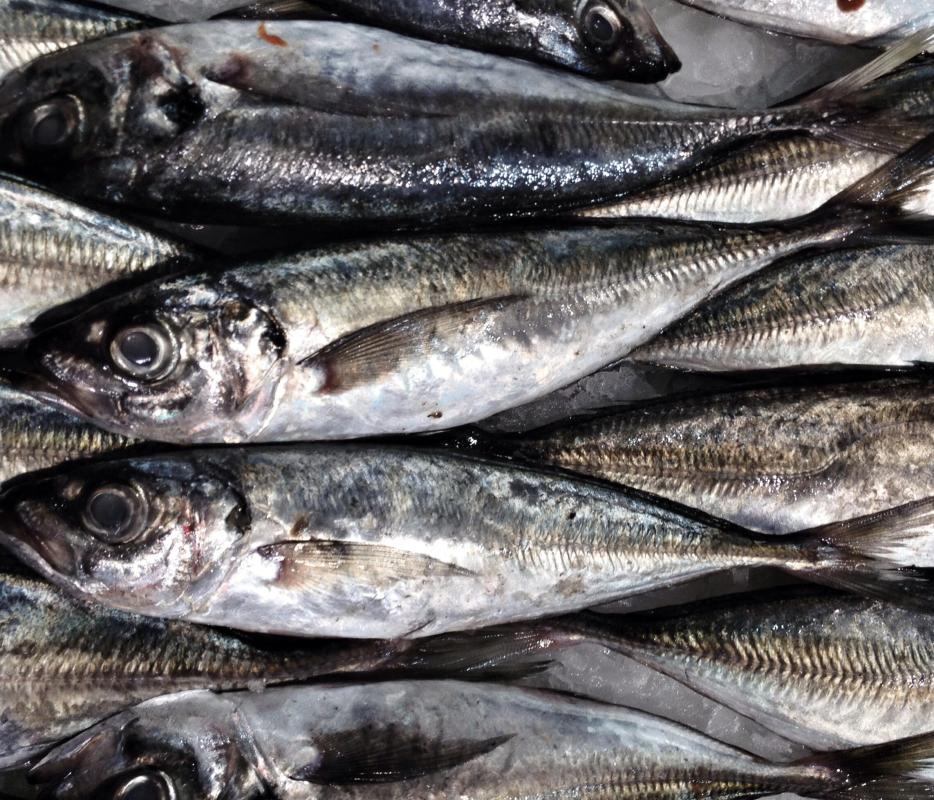At WiseGEEK, we're committed to delivering accurate, trustworthy information. Our expert-authored content is rigorously fact-checked and sourced from credible authorities. Discover how we uphold the highest standards in providing you with reliable knowledge.
What Are the Different Types of Fatty Acids?
The body needs fatty acids to stay healthy and in good condition. Not getting enough of certain fatty acids has been linked to many health conditions, including high cholesterol, heart problems, high blood pressure, depression and certain skin conditions. Although fatty acids can be found in many dietary sources, especially coldwater fish, oils and nuts, they also can be taken in the form of dietary supplements. There are many types of fatty acids, each with their own specific health benefits. Three of the most important fatty acids are omega-3, omega-6 and omega-9.
Omega-3 is considered one of the essential fatty acids, meaning that it’s something the body needs to stay healthy but that the body doesn’t produce omega-3 on its own. Taking omega-3 can have many health benefits, including lowering cholesterol levels, decreasing asthma symptoms and giving relief to those who suffer from inflammatory ailments such as migraines and arthritis. There is also some indication that omega-3 can lower the risk of both heart disease and cancer. This fatty acid can be found in coldwater fish such as sardines, salmon, tuna, herring and mackerel. People who don’t get enough omega-3 in their diet can take omega-3 supplements.

Like omega-3, omega-6 also is one of the essential fatty acids. This fatty acid can be beneficial to people who suffer from rheumatoid arthritis, premenstrual syndrome or skin ailments such as psoriasis, eczema or acne. It also can be beneficial to people who suffer from attention deficit hyperactivity disorder (ADHD), asthma, heart disease or depression. Although omega-6 can be found in oils such as corn oil, sunflower oil and soybean oil, this fatty acid also can be obtained by taking dietary supplements. Despite its many health benefits, taking too much omega-6 can have negative side effects, and it also can interact badly with certain medications, so it’s recommended that omega-6 supplements not be taken without a doctor’s supervision.

Unlike omega-3 and omega-6, omega-9 isn’t considered to be one of the essential fatty acids. This is because the body can produce small amounts of omega-9 on its own, as long as omega-3 and omega-6 are already present in the body. Eating foods that contain this fatty acid can still have many health benefits, such as lowering cholesterol, relieving the symptoms of arthritis, strengthening the immune system and possibly halting hair loss. Omega-9 can be found in foods such as avocados, olives and sesame oil. Many nuts — including almonds, cashews, pecans, peanuts and hazelnuts — are also good sources of this fatty acid.
AS FEATURED ON:
AS FEATURED ON:















Discuss this Article
Post your comments